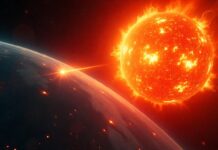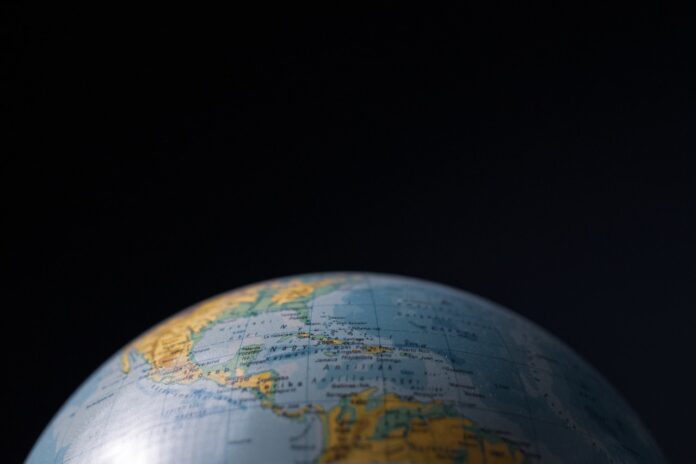
Around 4.6 billion years ago, our solar system took shape. It all began with a vast cloud of dust and hydrogen gas that started collapsing, resulting in the flattening and spinning of the dust cloud.
Imagine this event like the spin created when you empty your bathtub. Water spins in circles until there is no more water. Almost the same happened with Earth (and Sun) except Earth continued (and will continue) to spin (once every 23 hours and 56 minutes).
And so, Earth’s rotation is a constant and fundamental aspect of our daily lives. The spin of our planet is so ingrained in our existence that we rarely pause to consider the consequences if it were to suddenly halt.
In this exploration, we will go on a hypothetical journey into the realm of astrophysics and geophysics to unravel the mysteries surrounding the hypothetical scenario – What would happen if Earth stopped spinning?
Can Something Stop the Earth’s Spin?
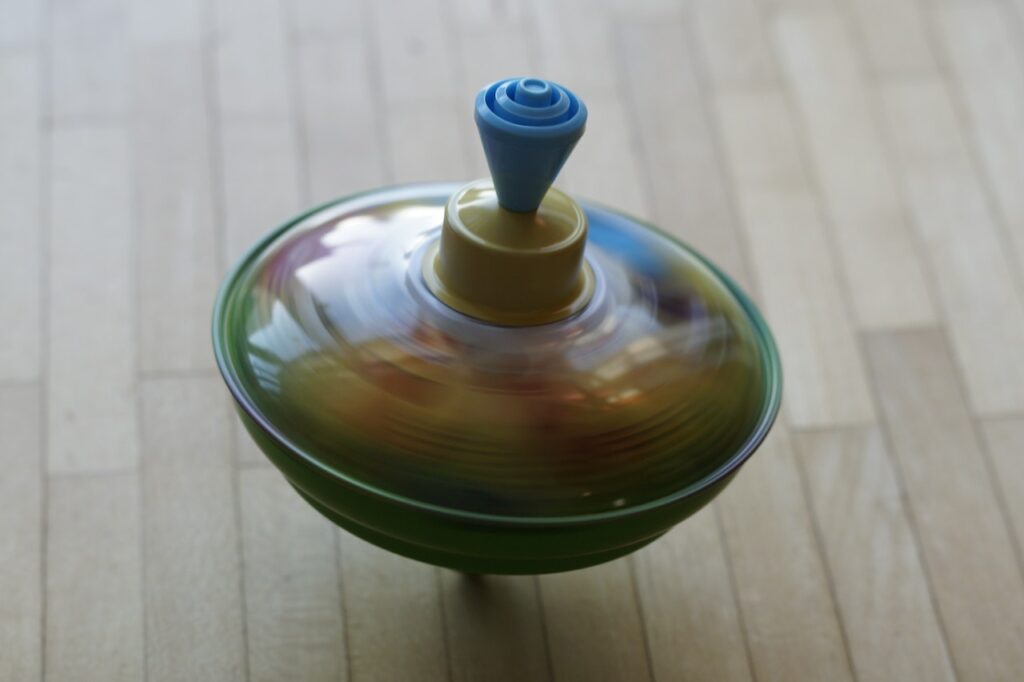
There are few conceivable factors or occurrences that could halt the Earth’s rotation. Primarily, the Earth persists in its continuous spin due to the scarcity of impediments. This phenomenon is a consequence of the completely different environment of space compared to Earth and its atmosphere.
On our planet, a football or soccer ball, for instance, will spin for only a brief moment before coming to a halt, affected by factors like traction, friction, air resistance, and the characteristics of the surface on which it spins.
In the vast emptiness of space, the scenario is radically different.
Devoid of traction and a tangible surface upon which the Earth rotates, there is nothing to stop its perpetual rotation. Consequently, the Earth will continue to spin unabated until its eventual demise, a prospect estimated to unfold in approximately 7.5 billion years when the Sun engulfs our planet.
Thus, we have a considerable span of time ahead, during which Earth will persist in its rotation.
But is there anything that could stop it from spinning?
Well, the only thing that could stop the Earth’s spin would be if another planet collided with it (and this is not likely to happen). But even if this happened, it is more probable that it would change the way Earth spins, not stop it completely.
The other scenario that could happen, or to be more precise – is happening constantly is that moon is slowing down Earth’s spin.
We wrote an article called “What would happen if the Moon disappeared” where we explained following:
Moon & Earth
Because of tidal forces among our planet and the moon, our precious satellite slowly swirls away from Earth at a rate of about 3.82 centimeters per year (1.5 inches) per year, causing our planet to rotate more slowly around its axis. Consequently, this is also impacting length of the days on Earth. Not significantly, but still. It turns out that time is going more slowly over the last 1.4 billion years. Researchers say days on Earth have prolonged from about 18 hours to 24 hours over that time span. That means we’ve gained additional six hours, since then or, on average, 0.00001542857 seconds a year.
Nonetheless, even though the Moon is slightly slowing down Earth’s spin, it will never completely stop it.
So, the scenario of Earth stopping its rotation is completely hypothetical, but again those kind of scenarios are ideal here for us at CuriousMatrix.com as we really like to delve into hypothetical topics and thought experiments.
Therefore, let’s see what would really happen on Earth if our precious ball stopped spinning.
Earth Stopped Spinning, What Now?

If you do not want to spend too much time, the TLDR version explaining what would happen if Earth stopped spinning is simple: we probably wouldn’t be here if Earth was a stationary planet.
However, let’s see in more details how would that happen:
- Instant Catastrophes: If Earth were to suddenly stop spinning, the consequences would be catastrophic. The abrupt cessation of our planet’s rotation would induce a tremendous release of energy, causing devastating earthquakes, tsunamis, and volcanic eruptions. The very foundation of our planet would quake as it attempts to adjust to the sudden change in rotational dynamics.
- The Weight of the Oceans: Earth’s oceans are in constant motion due to the planet’s rotation. A sudden stop would generate colossal tidal waves, flooding coastal areas and reshaping landscapes. The sheer force of the ocean currents abruptly halting could unleash unparalleled chaos, affecting not only marine life but also terrestrial ecosystems.
- Atmospheric Turmoil: The Earth’s atmosphere is intricately linked to its rotation. With the cessation of the spin, the atmosphere would continue to move at the Earth’s pre-stoppage speed, leading to hurricane-force winds as the planet attempts to balance the sudden change. The atmospheric chaos would result in unprecedented storms and turbulence.
- Global Climate Shifts: The Earth’s rotation influences its climate patterns, and a sudden stop would trigger significant climate shifts. Drastic temperature changes, altered wind patterns, and disrupted precipitation cycles would reshape our planet’s climate zones, leading to extreme and unpredictable weather phenomena.
- Gravitational Anomalies: Earth’s rotation contributes to its gravitational forces, and a sudden halt would lead to gravitational anomalies. Regions near the equator would experience a decrease in gravitational pull, while areas near the poles would witness an increase. These variations could have profound effects on both the natural world and human civilization.
- Day and Night Conundrum: The abrupt stoppage of Earth’s rotation would plunge the planet into a state of perpetual twilight. The concept of day and night, as we know it, would cease to exist, presenting a unique challenge to both diurnal and nocturnal species. The altered light conditions could have cascading effects on ecosystems and the behavior of living organisms.
However, what about the planet as a whole? Would it survive? Would it still be there without spin?
Earth’s Existence Without a Spin?
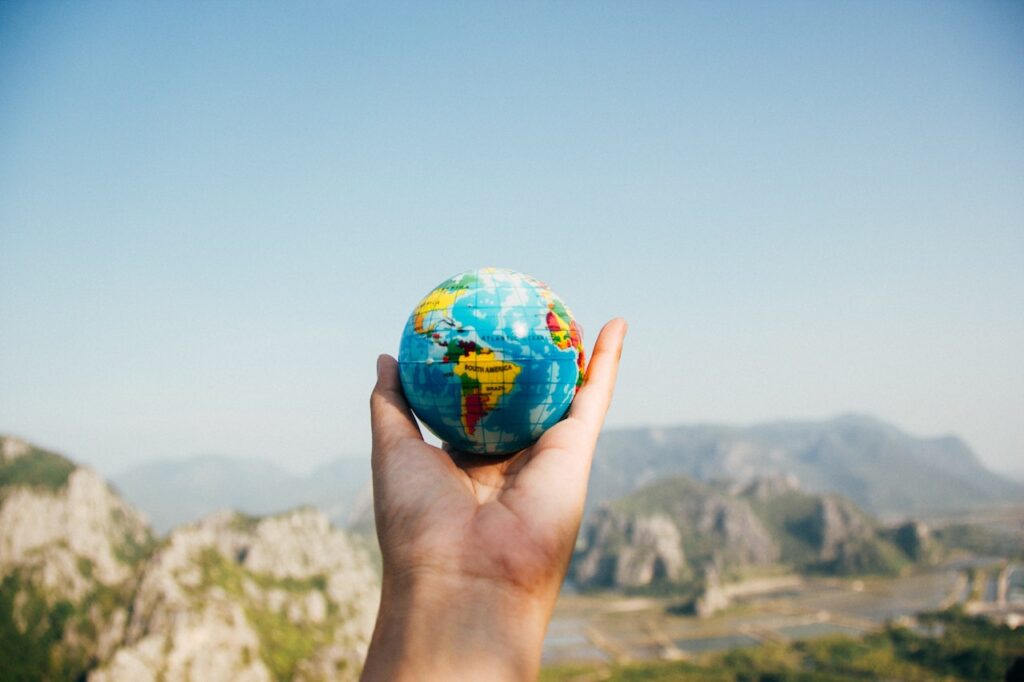
There is no planet in our solar system that does not rotate to some degree. And as far as we know there are no planets in the whole universe without rotation.
As we all know, Earth takes 24 hours for one rotation. However other planets have different rotation speeds. Neptune takes 16 hours to complete one rotation. Uranus takes 17 hours, Jupiter less than 10 hours and Saturn 11 hours. Mars is mostly similar to Earth as it takes 25 hours to complete one rotation.
Ok, so every planet rotates. But is this spin really needed for the planet to exist or to stay in the same place?
Not really.
Namely, without its spin Earth would still have gravity, and gravity basically holds everything together in this universe. So theoretically, without spinning, Earth would still exist, and it would orbit around the Sun as it is now.
Conclusion
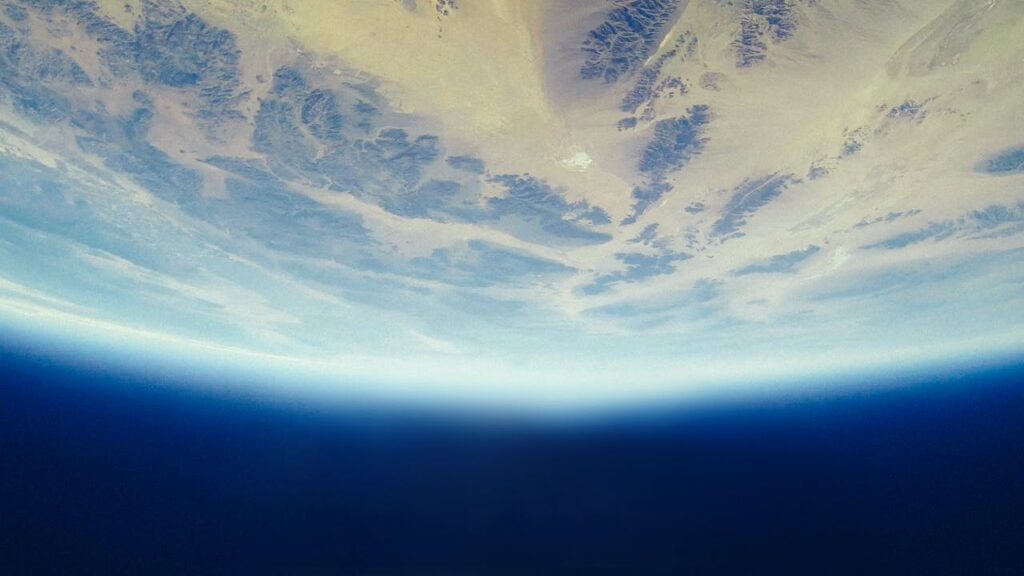
In summary, if Earth were to suddenly stop spinning, the immediate consequences would be catastrophic. The planet’s atmosphere would continue to move at high speeds, causing powerful winds that could reach speeds of over 1,000 miles per hour. This would result in widespread destruction, leveling forests, buildings, and everything in their path. Additionally, the sudden stop would cause massive tsunamis as the oceans would be displaced, leading to further devastation along coastlines worldwide.
And so, in this theoretical exploration, we’ve barely scratched the surface of the complex interplay between Earth’s rotation and the delicate balance of life on our planet.
The consequences of a halted spin are both awe-inspiring and terrifying, underscoring the delicate equilibrium that sustains our existence.
While such an event is purely hypothetical, it is a good reminder of how different invisible forces keep everything together and make our life livable on our precious planet.
Note: If you enjoyed this article you might also enjoy following articles on topic of “What would happen if”:
- What would happen if Moon disappeared?
- What Would Happen If The Moon Exploded
- What Would Happen If Jupiter Disappeared?
- What Would Happen if Yellowstone Supervolcano Erupted?
- What Would Happen If You Fell Into A Black Hole?
- What Would Happen If The Moon Exploded
- What Would Happen If The Earth Stopped Spinning?
- What If Everyone On Earth Jumped At The Same Time?
- What would happen if water disappeared on Earth?
- What would happen if lying never existed?
- What would happen if gravity suddenly disappeared?
- What would happen if everyone stopped having children?
- What would happen if mosquitoes went extinct?





















